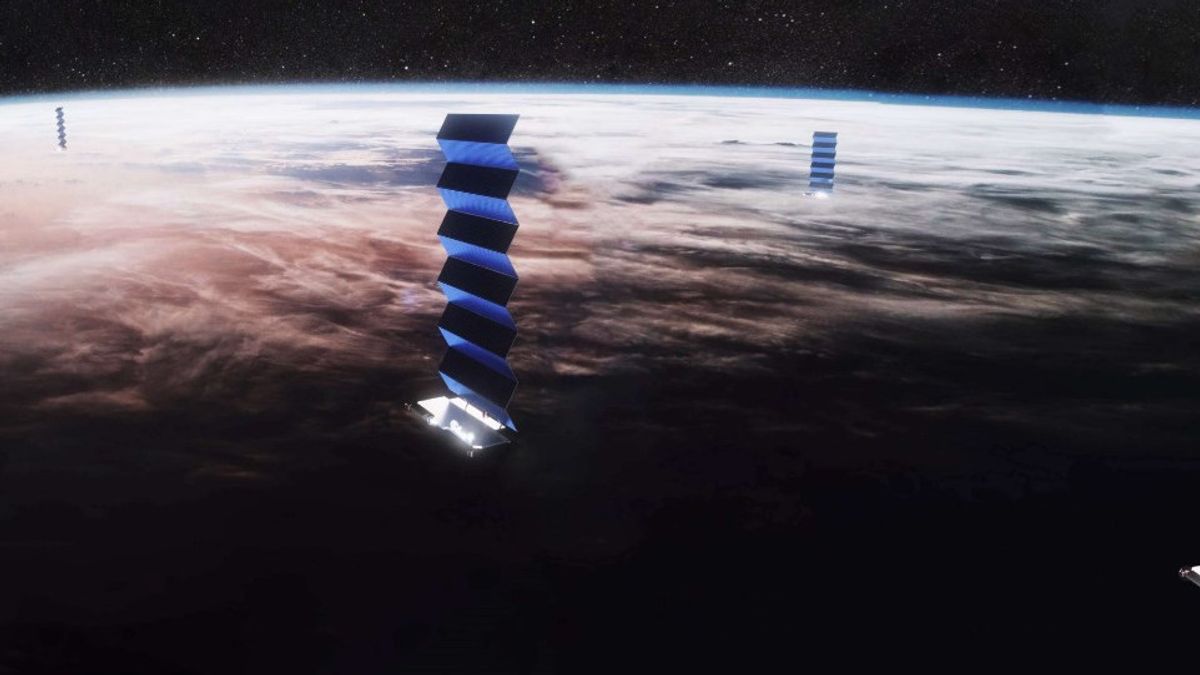JAKARTA - The Federal Communications Commission (FCC) has allowed SpaceX to launch ten Starlink satellites into Earth orbit by the end of January. The FCC issued its warrant on January 8.
In the letter, the FCC approved the launch of ten Starlink satellites to be placed in orbits of 650 km with a tilt of 97.6 degrees. SpaceX will launch the satellite using the Falcon 9 rocket launcher.
Launching Slashgear, the plan is that the ten Starlink satellites will be launched as early as January 14 this week. The launch of the Starlink satellite is part of the Transporter-1 mission.
Previously, SpaceX negotiated with the FCC for weeks to get a launch permit. Reports suggest that the FCC is rethinking to change SpaceX's permissions to lower its satellites from a certain height.
In November 2020, SpaceX submitted a request to the FCC to launch as many as 58 satellites into Earth orbit for the arctic. At that time, SpaceX saw an opportunity to launch a satellite in December 2020.
SpaceX said that the placement of a number of satellites into polar orbit allows high quality broadband internet service to the Alaska region, even to the most remote areas in the region.
Currently, Alaska is not included in Starlink's range because the orbits of its satellite network are in a medium tilt. Behind SpaceX's efforts, there are other voices who oppose the plans of the company owned by Elon Musk.
Viasat, a communications company based in Carsbald, California, opposes the SpaceX plans. Viasat claims that commercial interests cannot be sufficient reason for the FCC to grant permission to launch satellites into Earth's polar orbit.
As additional information, Viasat is also a high-speed satellite broadband service provider and security network system provider covering military and commercial, as quoted from its official website.
The FCC ruled that SpaceX is allowed to launch ten of its satellites into Earth's arctic orbit because this is in the public interest. The Federal Communications Commission did not approve of Viasat's request.
The FCC notes to SpaceX that the satellites cause no concern because of the potential danger posed by the orbital debris.
The English, Chinese, Japanese, Arabic, and French versions are automatically generated by the AI. So there may still be inaccuracies in translating, please always see Indonesian as our main language. (system supported by DigitalSiber.id)












